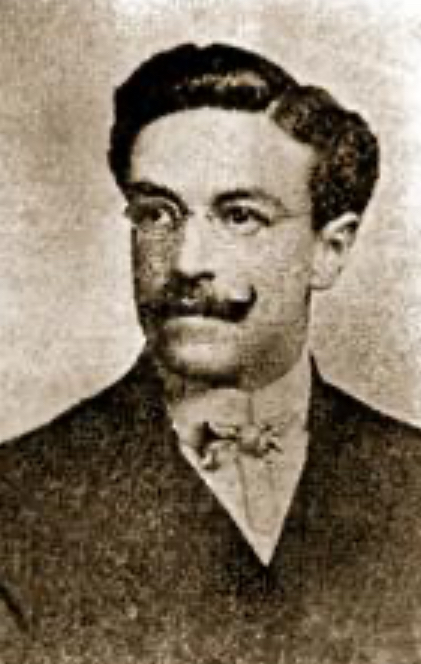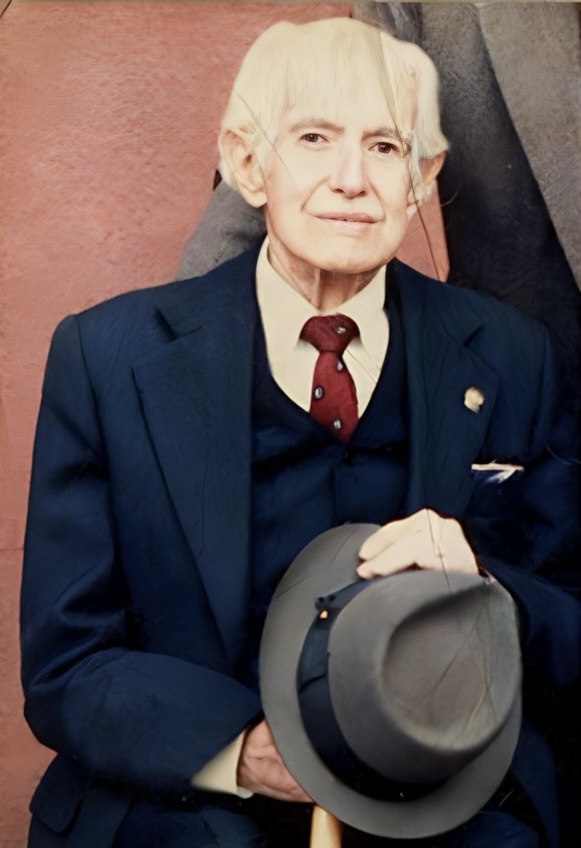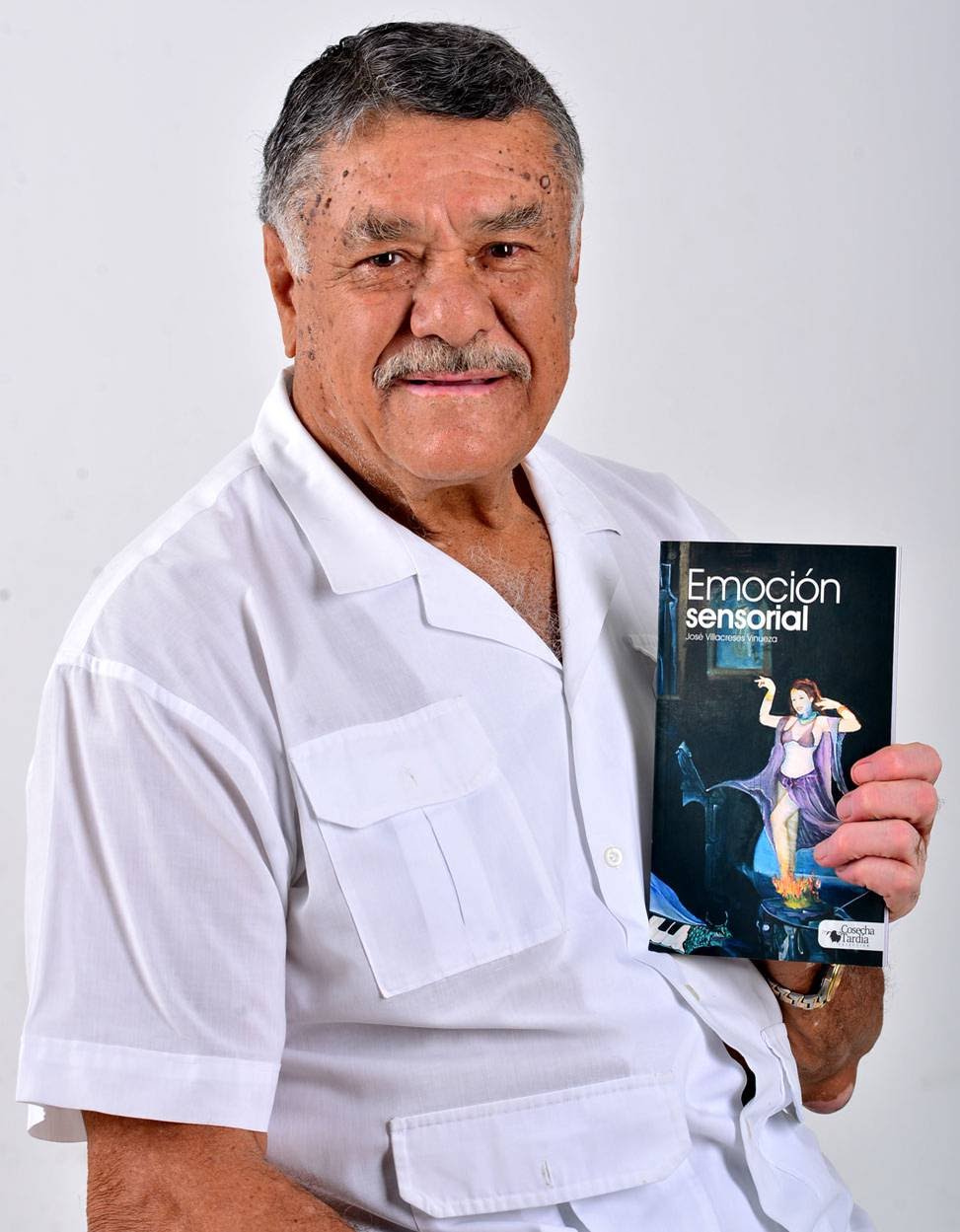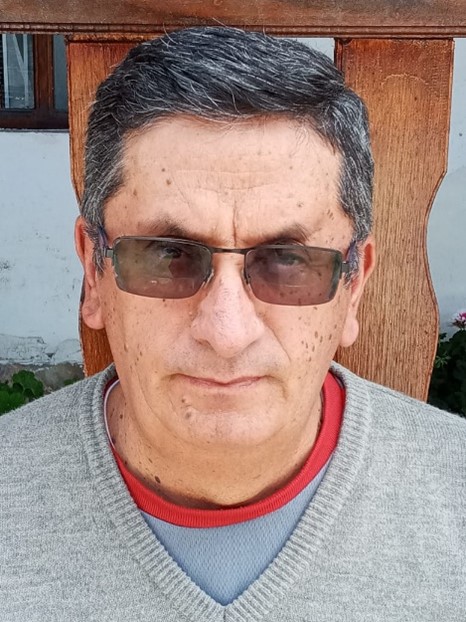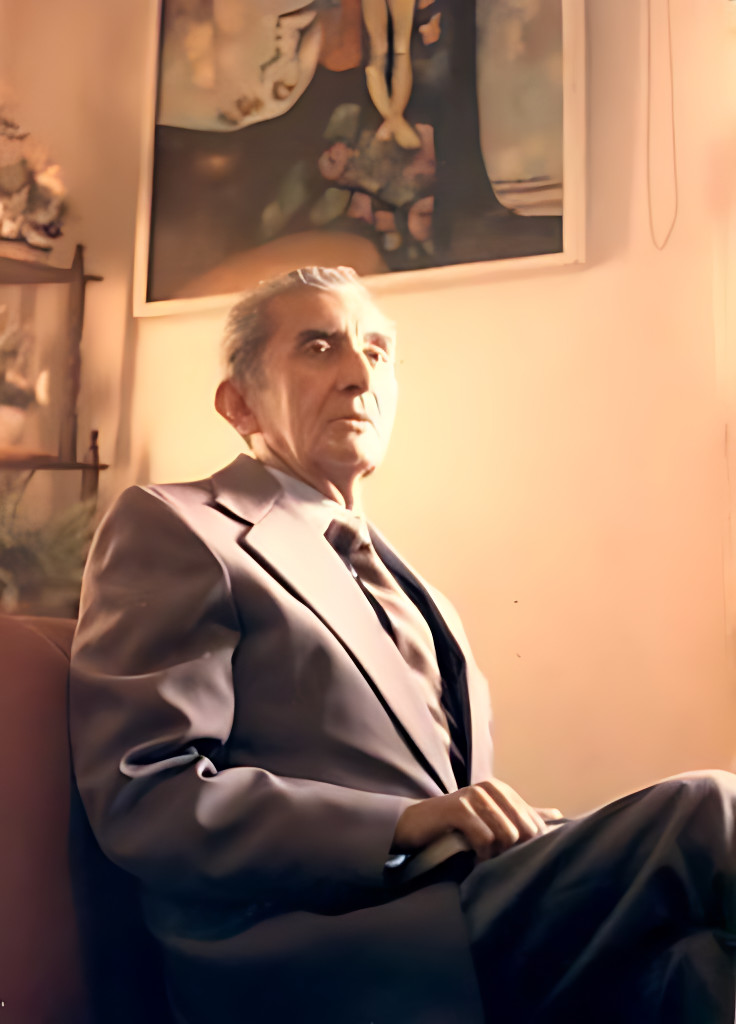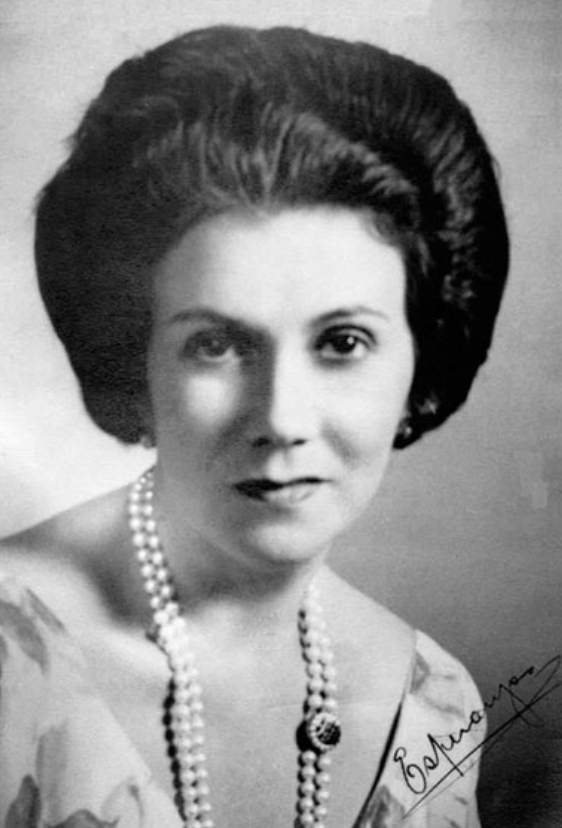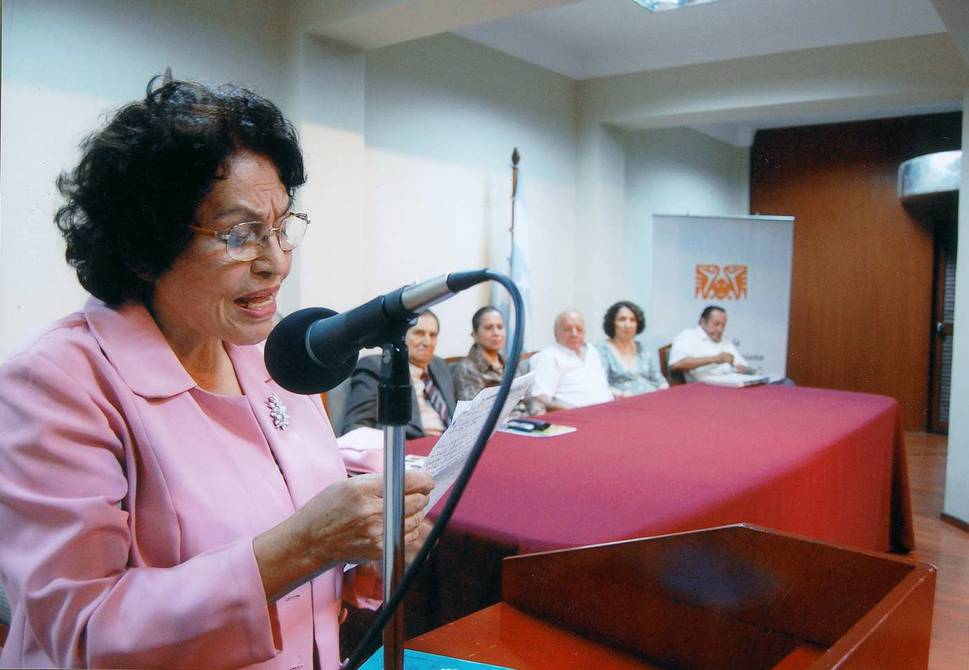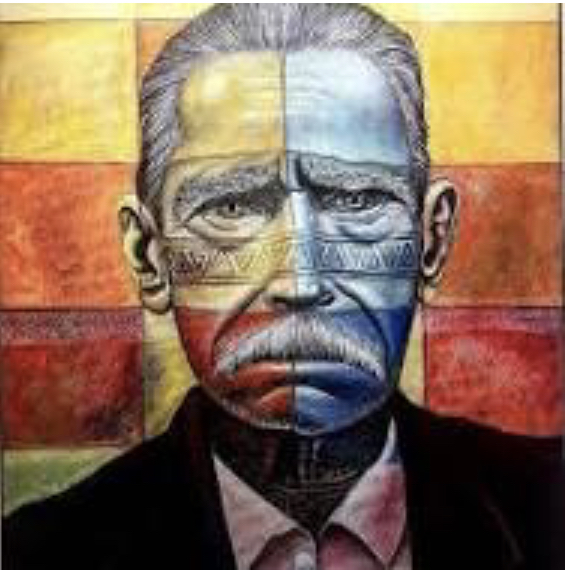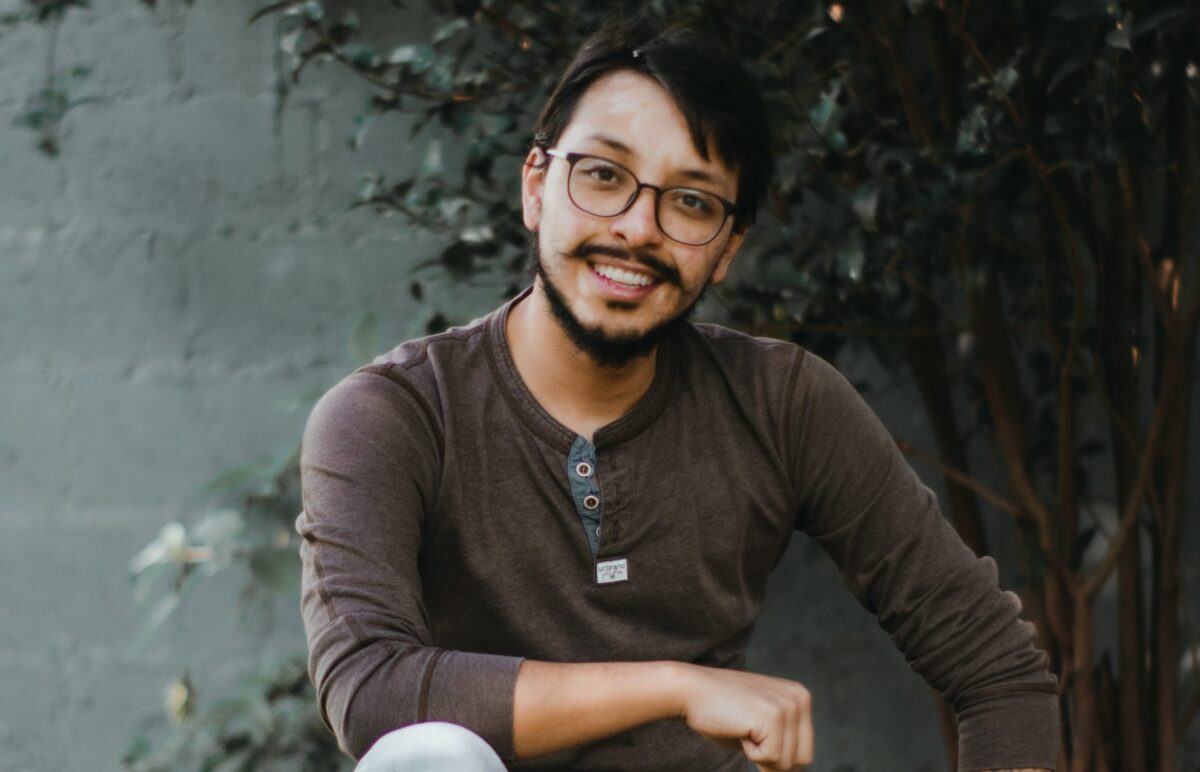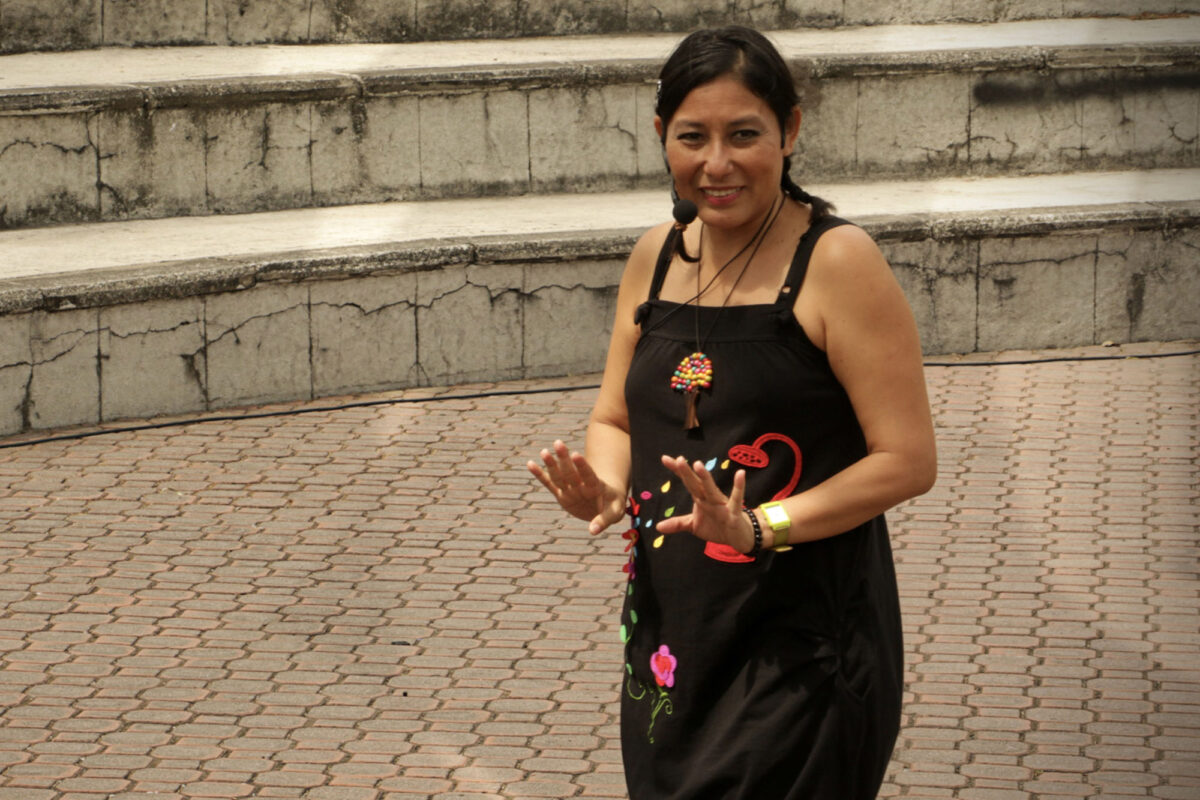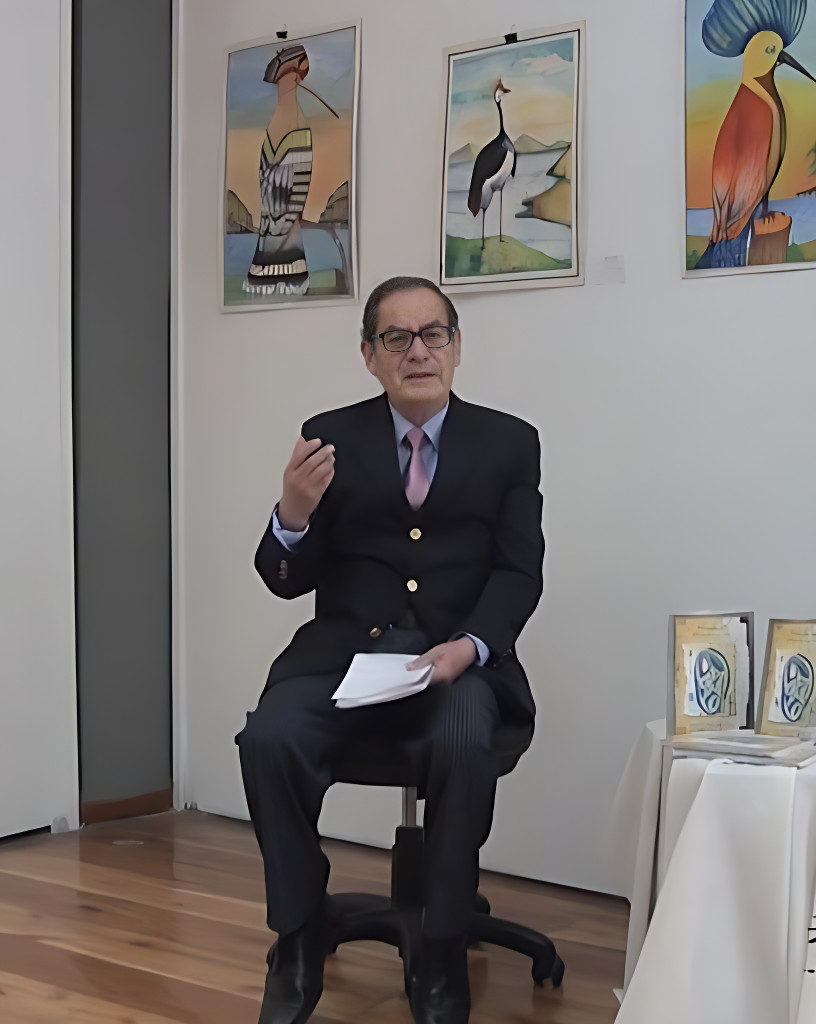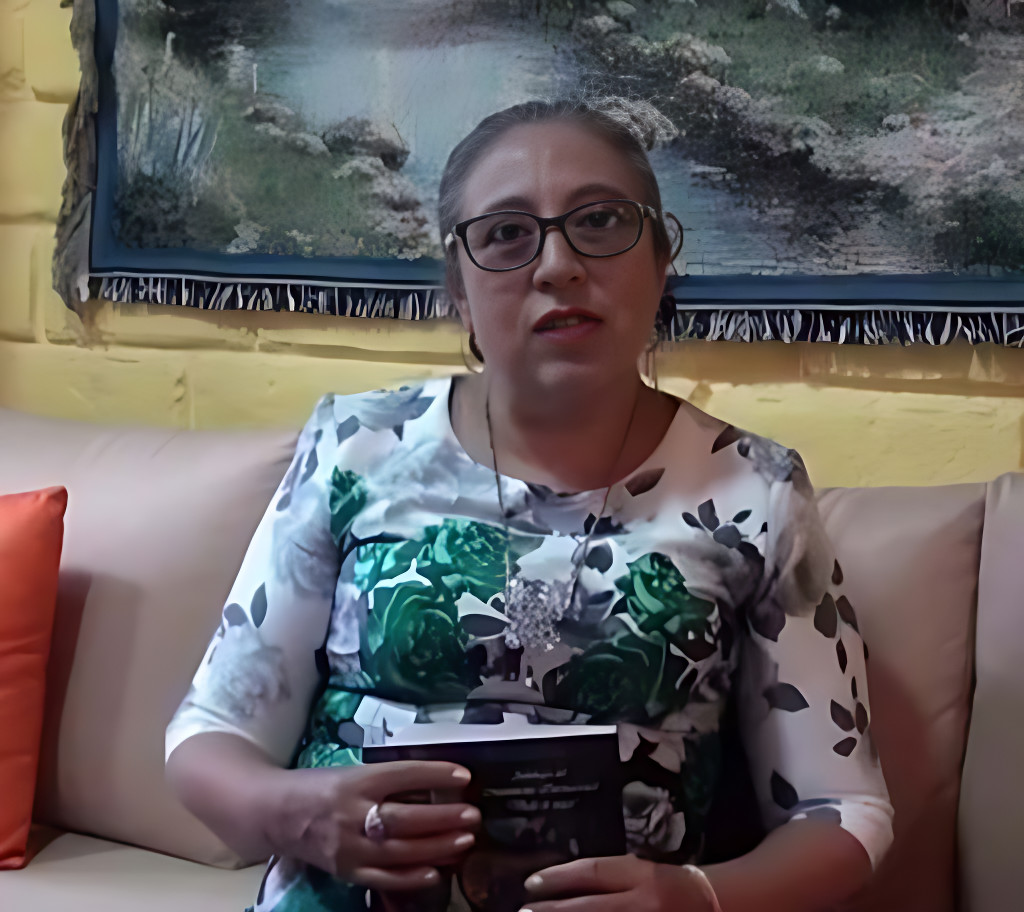Carlos Arturo León Romero (June 25, 1886, Riobamba – December 19, 1968, Quito) was an Ecuadorian lyricist, poet, playwright, and distinguished lawyer. Born into a family with a rich legal heritage, he carved a niche for himself not just in the courts but also on the cultural stage of Ecuador. His works spanned across various genres including drama, poetry, and novels, showcasing his versatility and deep engagement with the socio-political themes of his time. León Romero’s contribution to Ecuadorian literature and theater is profound, with plays such as “Reparación,” “El Recluta,” and “La Huérfana” earning critical acclaim and popular success. His establishment of the Teatro Daniel León further cemented his legacy as a patron of the arts, providing a platform for the performing arts in Ecuador.
Continue reading “Carlos Arturo León Romero”Category: Poets
Ambrosio Larrea
Ambrosio Larrea, also known as Father Ambrosio Nicolás Larrea y León (born in Riobamba, Ecuador, on December 7, 1742, and died in Faenza, Italy, on September 19, 1796), was a Jesuit priest, poet, and intellectual whose influence extends beyond religious realms into literature and progressive thought. Celebrated for his poetry, Larrea found his voice during his exile and was recognized after his death for his contributions to the neoclassical and Parnassian movements. His work, mainly created while displaced, showcases a deep engagement with Enlightenment ideals and a strong sense of American identity. His poetic oeuvre includes poignant tributes, such as those dedicated to the sepulcher of Clavijero, reflecting his keen insight and stylistic elegance. Though his body of work is not extensive, Larrea’s writings are cherished for their expressive depth and refinement.
Continue reading “Ambrosio Larrea”Ángel Leónidas Araújo Chiriboga
Ángel Leónidas Araújo Chiriboga (Riobamba, October 21, 1900 – Quito, February 15, 1993) was a figure of remarkable versatility and profound influence within Ecuador’s cultural landscape. His diverse career spanned composition, poetry, public service as a tax inspector for the Ministry of Finance, hotel management, and a notable tenure as editor-in-chief of the Estampa de Bogotá magazine, but it was his indelible contributions to the pasillo genre that cemented his legacy. This article explores the life and works of this distinguished Ecuadorian artist, whose talents bridged the realms of music and literature, leaving an enduring mark on his nation’s cultural heritage.
Continue reading “Ángel Leónidas Araújo Chiriboga”José Villacreses Vinueza
José Villacreses Vinueza (Riobamba, Ecuador, 1940) is an Ecuadorian author, poet, chemical engineer, and former athlete, renowned for his contributions to literature, science, and sports. Over the years, he has authored several notable books, including “Nervios de Guitarra” (2010), “Manantial de Ensueños” (2014), “Emoción Sensorial” (2016), and “Mi Vida Entre Poemas” (2019), each reflecting his deep emotional and sensorial engagement with the world. Villacreses’s multifaceted career spans across academia, sports, and literary realms.
Continue reading “José Villacreses Vinueza”Vicente Robalino
Dr. Vicente Robalino (Ibarra, 1960) is an Ecuadorian poet, essayist, and educator known for his extensive work in literature and academia. With advanced degrees from UNAM and PUCE, he has authored several books of poetry and essays, contributing significantly to Ecuador’s literary scene. As a professor at PUCE and a guest lecturer at Universidad Andina Simón Bolívar, Robalino has played a crucial role in shaping the appreciation and understanding of Latin American literature among students and peers.
Continue reading “Vicente Robalino”Carlos Altamirano Sánchez
Carlos Altamirano Sánchez (Guayaquil, November 15, 1926) is an Ecuadorian poet and journalist, recognized for addressing social issues through his works, including “Hijo Imperfecto” and “Lamento de un Soñador.” His contributions have earned him accolades such as the Gold Medal in the Borja Lavayen Poetry Contest and a significant role in founding the Union of Ecuadorian Journalists, highlighting his impact on Ecuador’s cultural and literary spheres.
Continue reading “Carlos Altamirano Sánchez”Jorge Vanegas Muñoz
Jorge Vanegas Muñoz (Guayaquil, September 6, 1923 – ibidem, April 6, 2003) the distinguished Ecuadorian poet, novelist, and journalist, left an enduring literary legacy that transcends borders. His notable works, including “Los sangrientos estambres,” “Esqueleto en abril,” and “Los escarabajos de un Virey,” stand as testaments to his poetic prowess and his commitment to the art of verse. In 1975, he received the prestigious National Poetry Contest Ismael Pérez Pazmiño award from the esteemed Guayaquil newspaper “El Universo.” Beyond his literary contributions, Jorge’s advocacy for peace, as seen through his participation in the Committee of Ecuadorian Writers for Peace and representation at the World Congress in Stockholm, reflects his dedication to using poetry as a force for harmony in a world marked by division. His life’s work continues to inspire and captivate readers, solidifying his place in Ecuador’s literary pantheon and beyond.
Continue reading “Jorge Vanegas Muñoz”Teresa Molina de Muñoz
Teresa Molina de Muñoz (Piñas, August 10, 1888 – Quito, November 24, 1950) was an Ecuadorian poet and educator known for her contributions to the magazine El Hogar Cristiano and her pseudonymous writings as La Orquídea in the newspaper El Universo. Born in Piñas, often referred to as the “Orchid of the Andes,” she received her early education in Catacocha, Loja, before moving to Quito. In Quito, she worked as a teacher at several schools, including Fernández Madrid, Colegio Experimental Simón Bolívar, and Normal Manuela Cañizares. Some of her notable works include “Por el milagro de la Ciencia,” “Mi hijo,” and “La novela de los Salmos.” Her cultural legacy continues through the educational institution named after her in Piñas, Ecuador, and her valuable contributions to literature and education in the province.
Continue reading “Teresa Molina de Muñoz”Esperanza Matheus y Yerovi
Esperanza Matheus y Yerovi (Guayaquil, March 2, 1917 – December 1, 2006) was a distinguished Ecuadorian linguist, academic, writer, and cultural advocate. Among her notable works were “Mito y Mística del Siete,” “Ecuatorianismos de Costa y Sierra,” and “César Andrade y Cordero: Vida y Obra.” Her commitment to advancing culture was recognized with significant honors, including her election as a member of the Ecuadorian Academy of Language in 1980, where she delivered an impactful speech titled “La Participación de la Mujer Ecuatoriana en la Creación de la Cultura del País” (The Participation of Ecuadorian Women in the Creation of the Country’s Culture). Additionally, she received the Lazo de Dama de la Orden del Mérito Civil from Francisco Franco and the Lazo de Dama de la Orden de Isabel la Católica, presented by Juan Carlos I of Spain. Esperanza Matheus y Yerovi’s contributions to Ecuador’s cultural and literary landscape remain an enduring testament to her legacy.
Continue reading “Esperanza Matheus y Yerovi”Josefina Egas Montalvo
Josefina Egas Montalvo (Guayaquil, 1920 – February 2, 2014) was an Ecuadorian poet and a writer. She was known for her contributions to poetry and literature, as well as her dedication to education. Among her notable works are “Poetas Periodistas Guayaquileños” (2007), a comprehensive exploration of the biographies of Guayaquil’s literary figures, and her inclusion in “La Voz de Eros: Dos Siglos de Poesía Erótica de Mujeres Ecuatorianas” (2006), highlighting her poetry alongside other renowned female authors. Her dedication to literature and education earned her several awards and recognitions, including honors from the Casa de la Cultura Ecuatoriana and the Círculo de Periodistas del Guayas. In 2011, she received a prestigious award for her exceptional career as a teacher and poet, cementing her legacy in Ecuadorian literature.
Continue reading “Josefina Egas Montalvo”Pedro Florentino Valdez
Pedro Florentino Valdez Alcivar, originally from Rocafuerte, stood as a testament to raw poetic talent. Despite not being able to read or write, he had an extraordinary ability to share profound thoughts through the oral tradition. In his younger years, he settled in Chone, where the environment deeply influenced his oral verses. Milton Erazo Vera compiled and introduced Valdez’s spoken poetry to a broader audience through “El poeta de la Montaña” in 1957. Horacio Hidrovo further honored Valdez by depicting him as deeply connected to nature’s essence. By the 1990s, “Amorfinos costeños” compiled various forms of Valdez’s oral poetry, from décimas to quartets. His work, abundant with themes like love, hardships, natural beauty, and cultural celebrations, reflected his desire to connect with the written word. Valdez’s legacy remains a powerful reminder of the beauty of oral traditions and our deep bond with nature.
Continue reading “Pedro Florentino Valdez”Juan Suárez Proaño
Juan Suárez Proaño (Quito, 1993) is an Ecuadorian poet and editor. He studied Communication and Literature at the Pontifical Catholic University of Ecuador and has written several acclaimed poetry collections, including “Lluvia sobre los columpios” (2014) and “Las cosas negadas” (2021), which won a national poetry award in 2021. In addition to his writing, Proaño works as an editor for El Ángel Editor, a publishing house, and coordinates “Poesía en Paralelo Cero,” an international poetry event in Ecuador. His blend of literary talents has made him a significant figure in both the local and international literary community.
Continue reading “Juan Suárez Proaño”Ángela Arboleda
Ángela Arboleda Jiménez (Guayaquil, 1969) is a journalist, publicist, dancer, oral storyteller, writer, cultural manager, and teacher. Her literary career began under the mentorship of Miguel Donoso Pareja, and she has published works such as “Cuentos y tradiciones orales del Ecuador” (2006), “Nadie sabe qué hará mañana” (2008), “Tuétano” (2021), and “Esa mujer es la muerte” (2022). A dedicated preserver of oral traditions, Arboleda has toured festivals for over 20 years, and her significant contributions to cultural management are marked by her leadership in various storytelling events. She has been recognized with nominations for Woman of the Year in Art and Culture. She holds advanced degrees in Cultural Management and teaches at the University of the Arts (UArtes) in Guayaquil.
Continue reading “Ángela Arboleda”Fredy Byron Arias Calero
Fredy Byron Arias Calero is an Ecuadorian medical doctor and poet. He is a member of the literature section of the Chimborazo chapter of the House of Ecuadorian Culture, and the International Network of Writers for the Earth (RIET), an organization advocating for a shift in attitudes to promote greater respect for the Earth and all its inhabitants. His 2021 work, “Poesías del Silencio Escrito,” further attests to his remarkable contribution to the realm of poetry.
Continue reading “Fredy Byron Arias Calero”Gladys Paredes Bonilla
Gladys Erminia Paredes Bonilla (Riobamba, 1965) is an Ecuadorian poet and educator. She is a member of the literary section of the Chimborazo chapter of the House of Ecuadorian Culture. She represented Ecuador at the 2020 “Second Virtual Book Fair Italy.” Bonilla is part of the “Vuelo de Mujer” movement, a group of 45 women using poetry to combat violence against women and promote respect. Her 2018 poetry collection “Instantes,” was published by the Chimborazo branch of the House of Ecuadorian Culture.
Continue reading “Gladys Paredes Bonilla”
